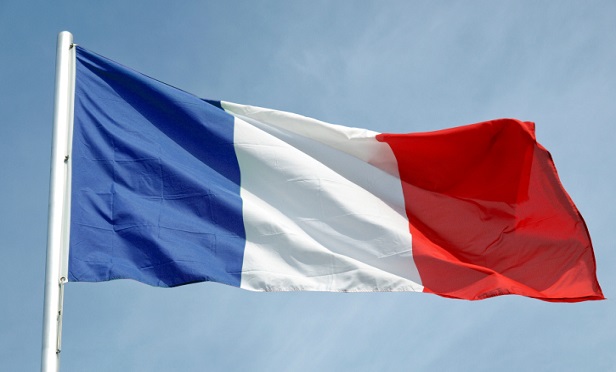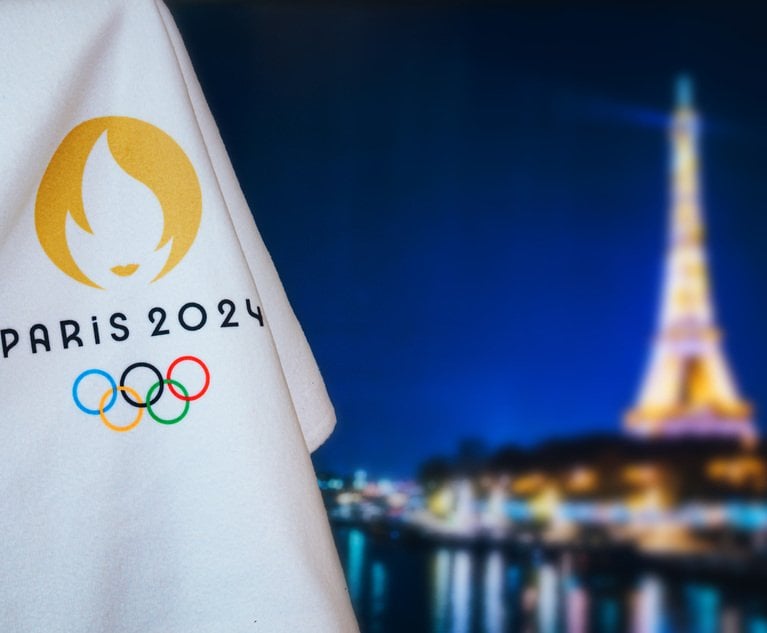Battles over celebrities’ estates often end up in litigation, but a recent court ruling involving the estate of French oceanic explorer, environmentalist and documentary filmmaker Jacques Cousteau included a not-often-seen right of publicity consideration: how a U.S. court determines whether right-of-publicity protection in another nation is descendible. The Cousteau Society Inc. v. Cousteau, 3:19-cv-1106 (D.Conn. 2020).
Protection of the right of publicity varies globally, either directly, through related laws or not at all. Jacques-Yves Cousteau, who died in 1997, had assigned the exclusive international rights in his intellectual property to The Cousteau Society (TCS), a Virginia-based not-for-profit formed back in the 1970s to safeguard Cousteau’s legacy. The exclusive rights included Cousteau’s name, voice, likeness and signature, as well as trademarks. In addition to Cousteau’s name, the registered trademarks include the name of his boat “Calypso” and the phrase “The Journey Continues.”









